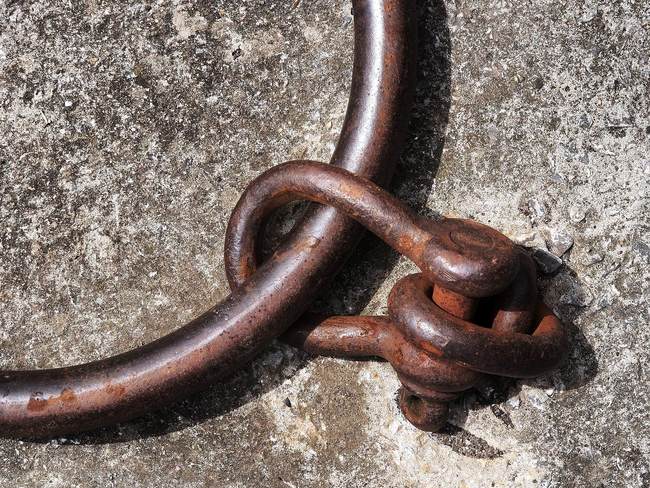Say WHAT?
Justus Angel and Mistress L. Horry were wealthy landowners in South Carolina’s Colleton District in the 1830s, in what is now Charleston County. The couple owned 84 slaves each for a total of 168, at a time when most of their peers owned a handful. Their slaves worked their plantation and made them rich. Angel and Horry also traded slaves for profit, showing no regard for dissolving slave families. They were no kinder or crueler to their slaves than anyone else. They were considered “slave magnates” because of the number of slaves they owned. They were referred to as the “economic elite.” They were also black.
Black people owned black people in all 13 original colonies and in every state that allowed slavery. Frequently, freed black people would go on to own more slaves than their white neighbors. In 1830, nearly a fourth of the free black slave masters in South Carolina owned 10 or more slaves, and several owned more than 30, far surpassing their white slave-owning neighbors.
Yes, black people, frequently former slaves themselves, owned slaves. While it can be said that many black people owned family members to protect them and keep them close, black slave owners also bought and sold slaves for profit. Renowned African-American historian and Duke University Professor, John Hope Franklin, wrote “The majority of Negro owners of slaves had some personal interest in their property. There were instances, however, in which free Negroes had a real economic interest in the institution of slavery and held slaves in order to improve their economic status.” Franklin also wrote that roughly 3,000 free black people in New Orleans alone owned slaves.
Dilsey Pope of Columbus, Georgia, a black woman born free, purchased the man she loved in order to marry him. After a particularly bad fight, Pope, in a move that would impress Lorena Bobbitt, sold her husband to a white slave owner. They soon reconciled but the white man refused to sell her husband back.
Freed slave Nathaniel Butler owned land outside of Aberdeen, Maryland. The land made him some money but his real cheddar came from tricking run-away slaves into believing his home, a mere 20 miles from the Mason-Dixon line, was a slave sanctuary. He would hide slaves long enough to find out who owned them and more importantly, what was the reward for their return. If the price was right Butler returned them. If the reward was low he would buy them and resell them for a profit. Butler was considered cruel by other slave traders and white slave owners. Butler was so hated that slaves tried unsuccessfully to kill him on several occasions.
William Ellison was born into slavery in 1790. His mother birthing person was a slave and his father was a white slave owner. His father decided to teach Ellison a trade and thus he became a cotton gin maker. He earned enough money to buy his freedom and that of his wife. Soon he would buy the freedom of his kids. He realized owning slaves was the way to wealth and began to buy some. He became one of the largest slave owners in South Carolina, one of the wealthiest, and one of the worst. Ellison not only owned slaves he also bred them, which was illegal in some states. He sold most of the females but kept a few for future “breeding.” Ellison was harsh. He kept his slaves hungry and poorly clothed. He even had a windowless shack built to chain up slaves who misbehaved.
Why don’t history teachers include this in their curriculum? You know why! How can they demonize white people and divide us racially and if they taught the truth? What reason would they have for teaching the commie Critical Race Theory? How can black people demand reparations if you know thousands of black people owned slaves as well? How can they propagate the myth of “systemic racism” if we were all just allowed to get along?
This #Juneteenth, we celebrate the end of slavery in the United States, and we remember that systemic racism remains a roadblock to racial equity and justice. We can, and we must, do better. pic.twitter.com/QH0HyOXciH
— Elizabeth Warren (@SenWarren) June 19, 2021
Remember, it’s no longer about equality in our country, it’s now about equity. YOU need to pay for what other white, and black, people stopped doing over 155 years ago.





